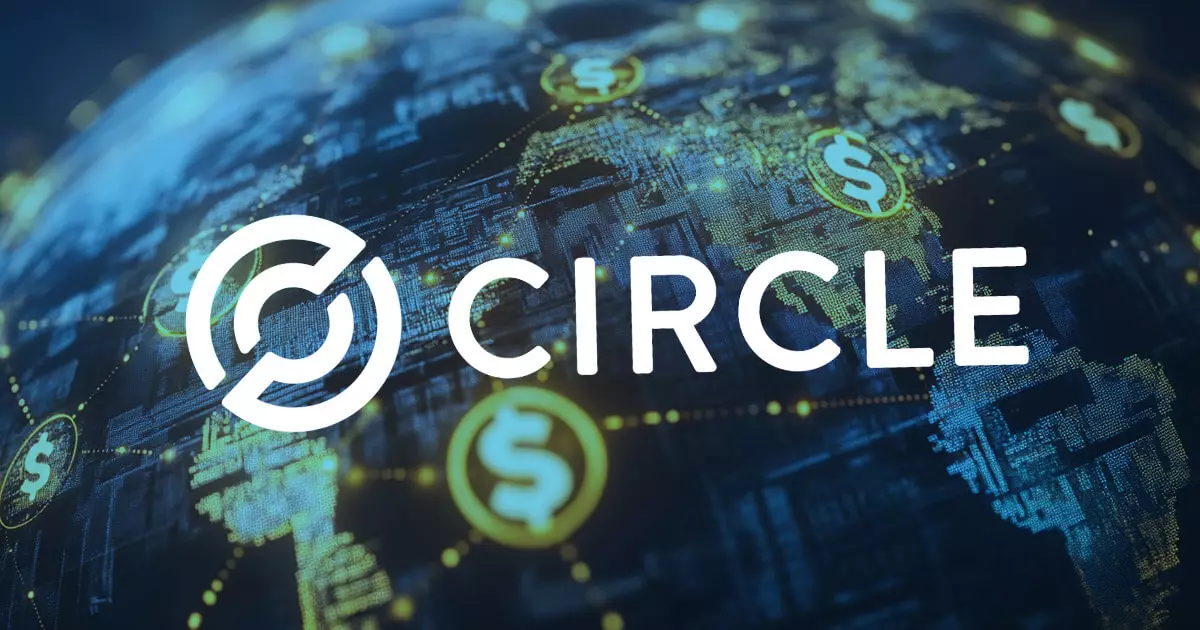As the digital asset market continues to grow, the importance of compliance with ever-evolving regulatory standards has become critical for businesses involved in cryptocurrency and blockchain technology. Recognizing this need, Circle, a prominent player in the digital asset space, has introduced its Compliance Engine. This innovative tool aims to address the regulatory challenges faced by companies operating in this complex environment. By automating compliance checks and integrating vital functionality directly into their infrastructure, Circle is setting a new precedent for how businesses can navigate their obligations in the digital finance landscape.
Circle’s Compliance Engine is a comprehensive tool that offers a plethora of features designed to streamline compliance processes. Its capabilities include real-time transaction screening, periodic monitoring of transactions, and adherence to the Travel Rule, which mandates the secure transfer of personal data between virtual asset service providers. This tool empowers companies to customize their compliance requirements by defining risk parameters, automating enforcement strategies, and creating tailored blocklists. The emphasis on adaptability and customization highlights Circle’s understanding of the diversity within business models in the crypto space.
This strategic move allows organizations to proactively manage their compliance needs, thereby fostering a sense of security as they engage with blockchain technologies. One of the core advantages of this engine is its integration within Circle’s existing infrastructure, which eliminates the complications of relying on third-party compliance solutions. Consequently, businesses can reduce the time and resources normally allocated to compliance, allowing for a more agile and efficient operational environment.
Circle’s proactive approach to compliance is particularly significant in light of increasing scrutiny from global regulators. As various governments formulate and enforce regulations, businesses within the digital asset sector often encounter challenges that can impede their operations. By enabling companies to seamlessly incorporate compliance measures into their workflows, Circle is contributing to the establishment of a more secure and trustworthy market.
Moreover, Circle has made significant strides in solidifying its reputation as a leader in compliance. By becoming the first stablecoin issuer to comply with the European Union’s Markets in Crypto-Assets (MiCA) framework, Circle has positioned itself as an advocate for regulatory adherence in an otherwise uncertain landscape. This commitment not only highlights their dedication to operational transparency but also serves as an important signal to other companies in the industry.
While Circle’s Compliance Engine presents significant advancements, it also opens the floor for discourse among competitors in the space. Tether, another major player in the stablecoin sector, has adopted a contrasting approach to compliance. CEO Paolo Ardoino has expressed concerns regarding certain regulatory requirements that can compromise a company’s operational effectiveness – a sentiment underscoring the fierce debates surrounding the balance between compliance and innovation.
Tether’s stance on regulation illustrates a more libertarian approach, emphasizing self-sustainability and independence from traditional financial structures. Ardoino’s reluctance to fully embrace rigid regulations reflects a cautionary tale for companies that may risk fundamental aspects of their service offerings in the name of compliance. These divergent strategies highlight not only the diverse philosophies that operate within the digital asset space but also the critical nature of regulatory alignment in shaping competitive dynamics.
Circle’s introduction of the Compliance Engine is a pivotal step towards enhancing the compliance infrastructure for businesses engaged in digital assets. However, the evolving regulatory landscape remains fluid, necessitating continuous adaptation and innovation. Companies will need to closely monitor regulatory trends and adjust their compliance strategies to remain competitive.
As traditional financial systems begin to evolve with the rise of central bank digital currencies (CBDCs), the interplay between regulatory compliance and technological innovation will become even more pronounced. Moving forward, businesses must strive to attain a balance that allows them to develop rapidly while ensuring adherence to the necessary regulations.
Circle’s Compliance Engine exemplifies a significant advancement in the digital asset realm, aiming to empower businesses while addressing compliance challenges. As other companies evaluate their approaches to regulatory requirements, the industry may witness a shift in perspectives that could redefine the contours of digital finance, paving the way for a more secure and collaborative ecosystem.



















Leave a Reply